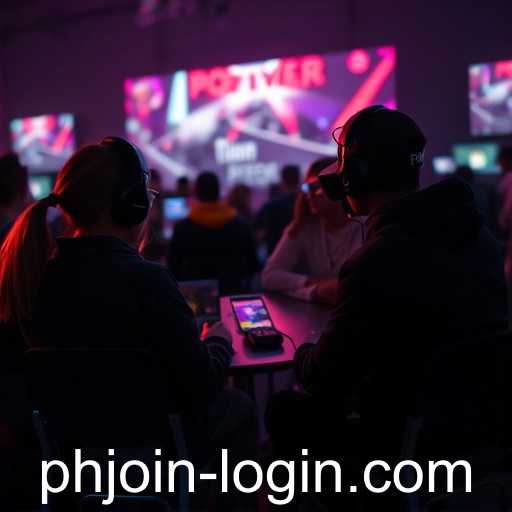Exploring the impact of English language games on global education trends and virtual learning ecosystems.
In recent years, the landscape of online education and gaming has evolved dramatically, presenting new opportunities for language learners worldwide. Platforms like 'phjoin' have become pioneers in this domain, merging the thrill of gaming with the educational pursuit of mastering a new language. As we stand in the year 2025, the intersection of these domains continues to gain traction, reflecting broader trends in digital learning and entertainment.
Online English learning games offer an immersive experience that traditional classroom learning often cannot match. These platforms provide interactive interfaces, where users can challenge themselves with puzzles, quests, and real-time interactions in the English language. The gamification of learning not only motivates users but also enhances retention rates by engaging multiple senses and cognitive skills.
The pandemic accelerated the shift towards digital education platforms, with many schools and universities integrating online tools to complement their curriculums. 'Phjoin' and similar platforms have thrived by offering solutions that blend seamlessly with these hybrid learning environments, pushing the boundaries of how language education is perceived and consumed. As schools grapple with ensuring equitable access to learning resources, these platforms fill a crucial gap by offering low-cost, scalable solutions.
Analysts suggest that the growing popularity of English language games can be attributed to the global demand for English proficiency, especially in developing countries where this skill can significantly boost employment opportunities. Furthermore, the advancements in artificial intelligence have allowed these platforms to tailor learning experiences to individual users, providing personalized feedback and adaptive challenges that meet learners' unique needs and levels.
As we advance further into 2025, the integration of virtual reality and augmented reality into these games is anticipated, promising even more immersive learning experiences. While some critics argue that excessive gaming could lead to screen addiction, proponents believe that the strategic use of these platforms can lead to more engaged and competent English speakers worldwide.
As the digital landscape evolves, the role of innovative gaming platforms like 'phjoin' in shaping education cannot be underestimated. They represent not only a significant shift in pedagogy but also reveal the potential of technology to democratize and enhance the learning experience globally.




